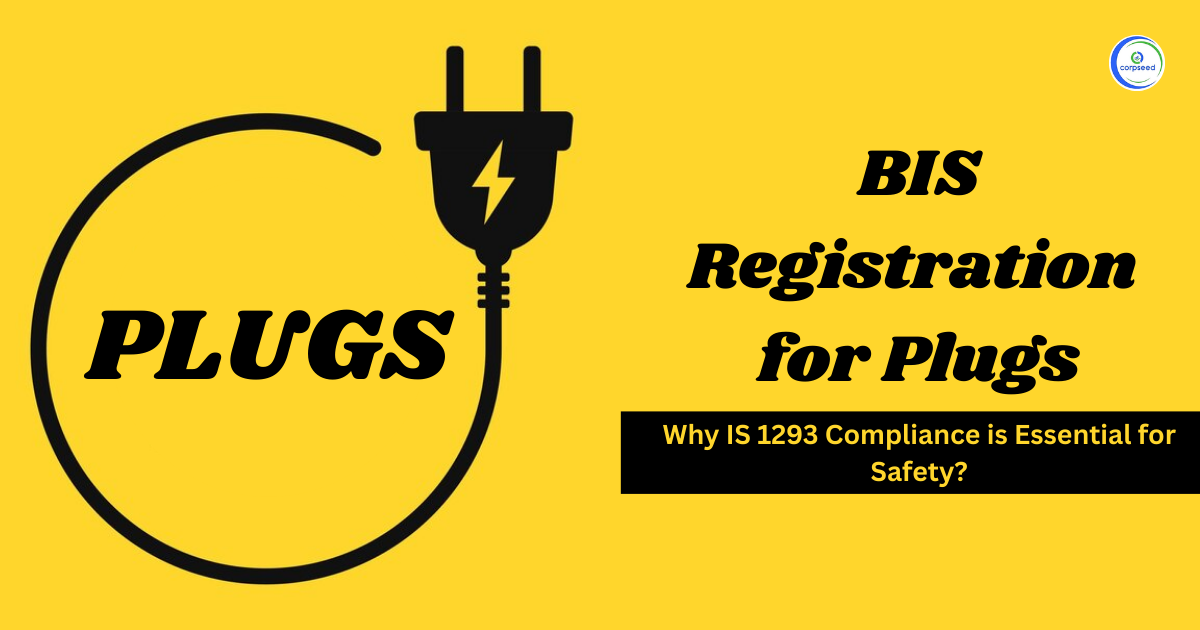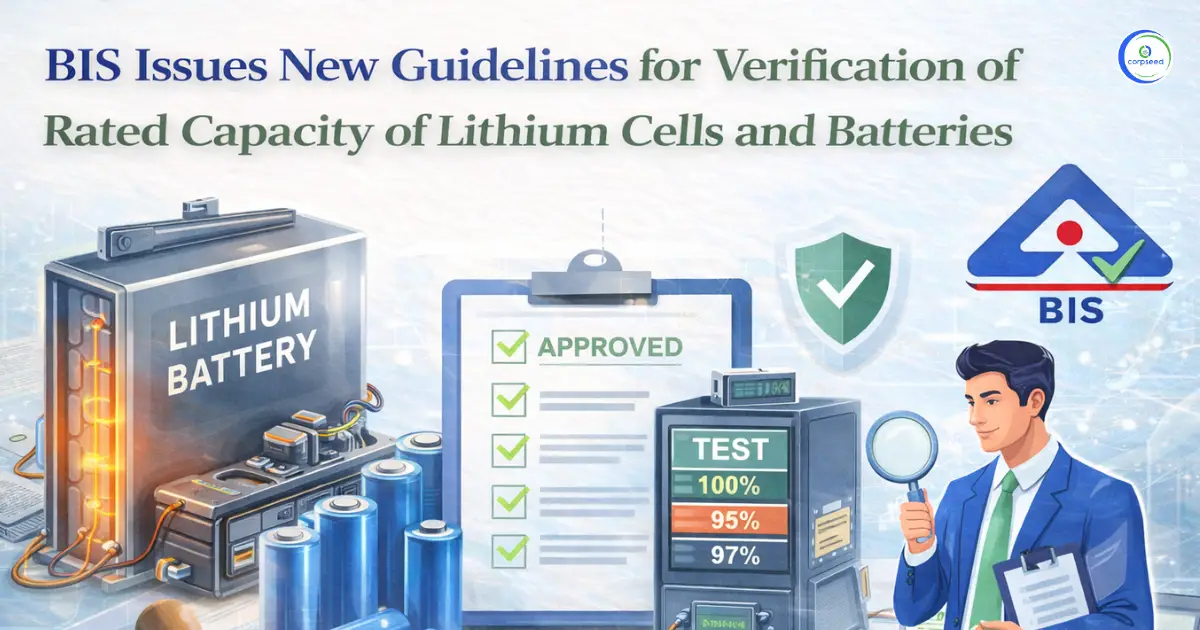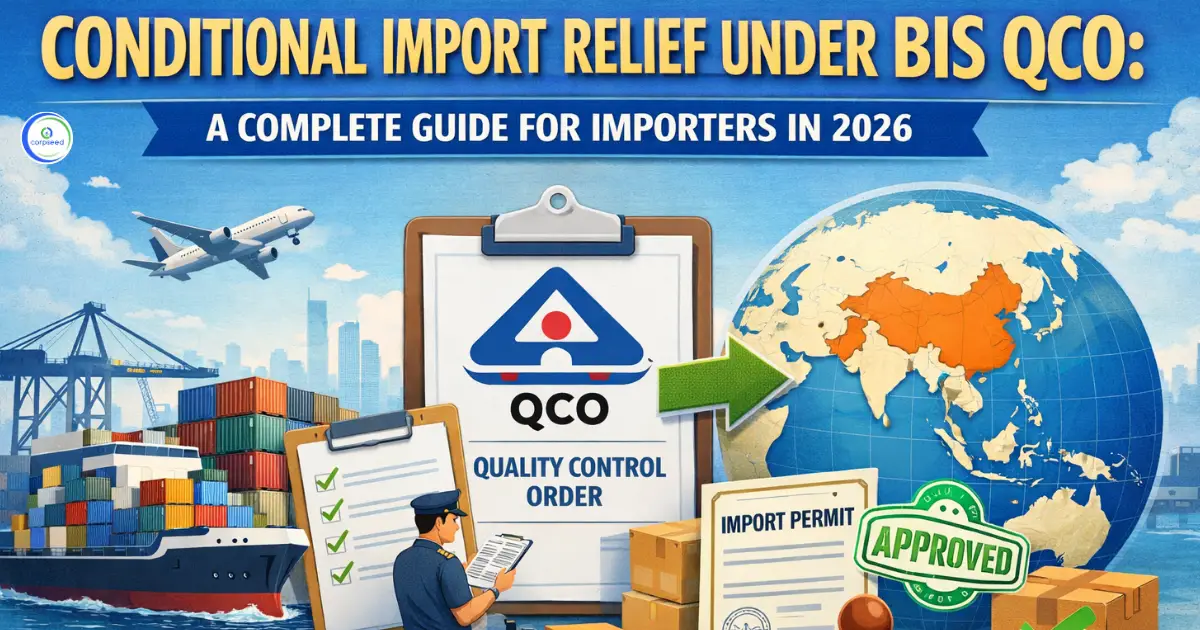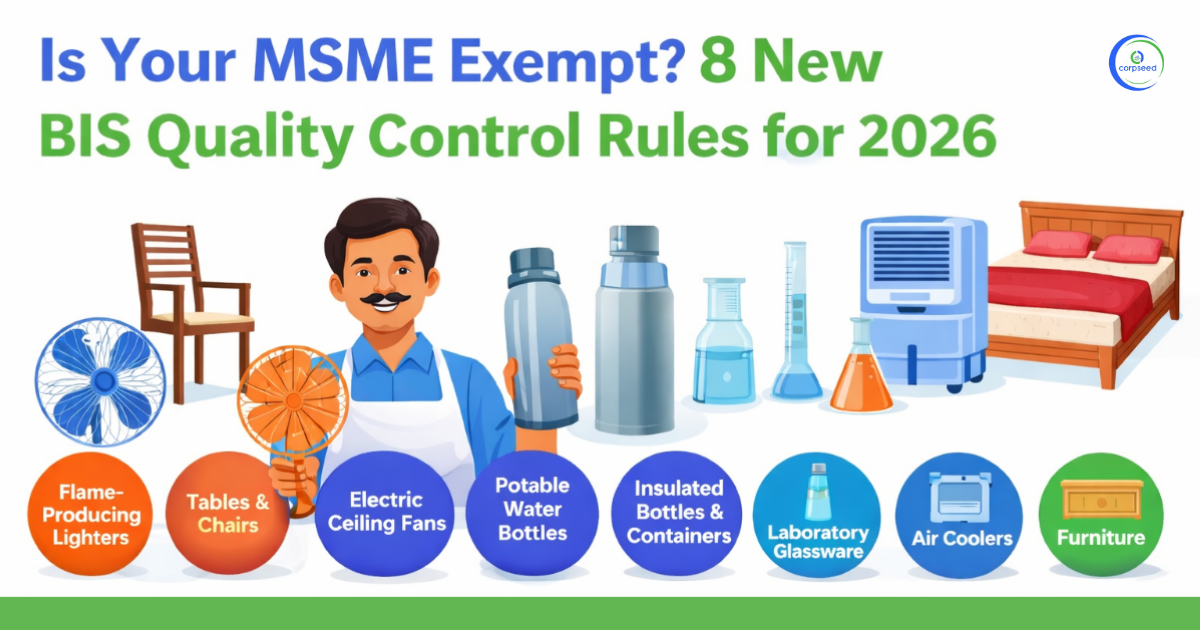Electricity is the backbone of modern life, powering everyday appliances such as refrigerators, washing machines, fans, mixers, and irons. While these appliances make life convenient, the safety of the electrical connection depends largely on one small but critical component, the plug. Whether a device uses a 2-pin or 3-pin plug, the design and safety compliance of the plug directly impact the safety of households.
To ensure consumer safety, the Bureau of Indian Standards (BIS) has mandated compliance under IS 1293, which specifies the requirements for 2-pin and 3-pin plugs in India. Understanding this standard and ensuring BIS certification is crucial to avoid risks such as electric shocks, fires, and equipment failures.
Table of Contents
--------------Blog Contact Form-------------
What is IS 1293?
IS 1293 is the Indian Standard for plugs and socket-outlets for household and similar purposes, issued by the Bureau of Indian Standards. It covers plugs used with voltages up to 250V and currents up to 16A.
The standard ensures that every plug meets strict safety requirements, including:
- Correct pin configuration
- Adequate electrical insulation
- Mechanical strength and durability
- Heat and fire resistance
As per the Quality Control Order (QCO), all plugs sold or manufactured in India must conform to IS 1293 and carry the ISI mark, which indicates BIS-certified quality.
Appliance Safety Classes and Plug Selection
Electrical appliances are categorized into safety classes to determine the type of plug required:
Class 1 Appliances
- Have exposed metallic parts that may conduct electricity in case of internal faults.
- Require 3-pin plugs for grounding.
- Examples: Refrigerators, Washing Machines, Irons, Table Fans.
Here, the third pin (earth pin) provides a safe path for leakage current, preventing shocks.
Class 2 Appliances
- Built with double insulation and use non-conductive materials.
- Can safely operate with 2-pin plugs.
- Examples: Hairdryers, Toasters, Electric Shavers.
These appliances often carry the Class II symbol (a square within a square), indicating no need for earthing.
Importance of IS 1293 Standard and ISI Mark
Buying a plug is not just about choosing between a 2-pin and 3-pin design, it’s about ensuring compliance with BIS safety standards.
Key points to check include:
- Presence of IS 1293 marking on packaging.
- Clear ISI mark on the plug body.
- BIS certification number for authenticity.
Under QCO, it is illegal to sell non-certified plugs in India. This makes BIS registration mandatory for all plug manufacturers and importers.
BIS Certification and Quality Assurance
BIS certification acts as a guarantee of safety. Before granting a license, BIS tests plugs for:
- Durability
- Insulation resistance
- Temperature rise limits
- Heat and fire resistance
Both domestic manufacturers and importers must obtain BIS certification before selling plugs in India. This ensures that every product in the market meets uniform safety benchmarks.
How to Verify BIS Certification through BIS Care App?
The BIS Care App is the easiest way to check authenticity:
- Scan the ISI mark or enter the certification number.
- Get instant details like manufacturer name, product type, and license validity.
- Report counterfeit or fake products directly through the app.
This tool empowers consumers to stay safe and avoid counterfeit electrical products.
Electrical Safety Tips for Households
Ensuring safe electricity use at home requires both the right products and responsible practices:
- Always use a 3-pin plug for Class 1 appliances.
- Never replace a 3-pin plug with a 2-pin plug.
- Check for ISI and IS 1293 markings before purchase.
- Verify certification using the BIS Care App.
- Replace damaged or counterfeit plugs immediately.
These small precautions can prevent accidents and safeguard both people and property.
Conclusion
Household safety begins with something as simple as a plug. The IS 1293 standard ensures that 2-pin and 3-pin plugs are manufactured to the highest safety standards, protecting homes from electric shocks and fire hazards.
With mandatory BIS certification under the QCO, manufacturers and importers must ensure compliance. Consumers, on their part, should always check for the ISI mark, use the BIS Care App for verification, and follow safe usage practices.
Electrical safety is not just about convenience, it’s about protecting lives. Choosing the right plug, certified under IS 1293, is a small but powerful step toward safer households.
FAQ`s
More than 350 products are covered under mandatory BIS certification, including plugs, sockets, LED lights, batteries, cables, helmets, cement, and household appliances. The list is updated regularly under Quality Control Orders (QCOs).
A BIS plug is a 2-pin or 3-pin plug manufactured as per IS 1293 and certified by BIS with the ISI mark. It ensures proper grounding, fire resistance, and insulation safety.
Yes. Mobile chargers, adapters, and similar electronic accessories fall under mandatory BIS certification to ensure compliance with Indian safety standards.
The IEC (International Electrotechnical Commission) standard for plugs and sockets is IEC 60884-1. It specifies general requirements for household plugs, similar to India’s IS 1293.
Yes. 5-pin sockets are banned in India as they do not comply with IS 1293 safety standards. Only 2-pin and 3-pin plugs and sockets are permitted for household and similar use.
This portion of the site is for informational purposes only. The content is not legal advice. The statements and opinions are the expression of author, not corpseed, and have not been evaluated by corpseed for accuracy, completeness, or changes in the law.
BOOK A FREE CONSULTATION
Get help from an experienced legal adviser. Schedule your consultation at a time that works for you and it's absolutely FREE.





_Amendment_Order_2026_New_Compliance_Rules_Corpseed.webp)



.webp)